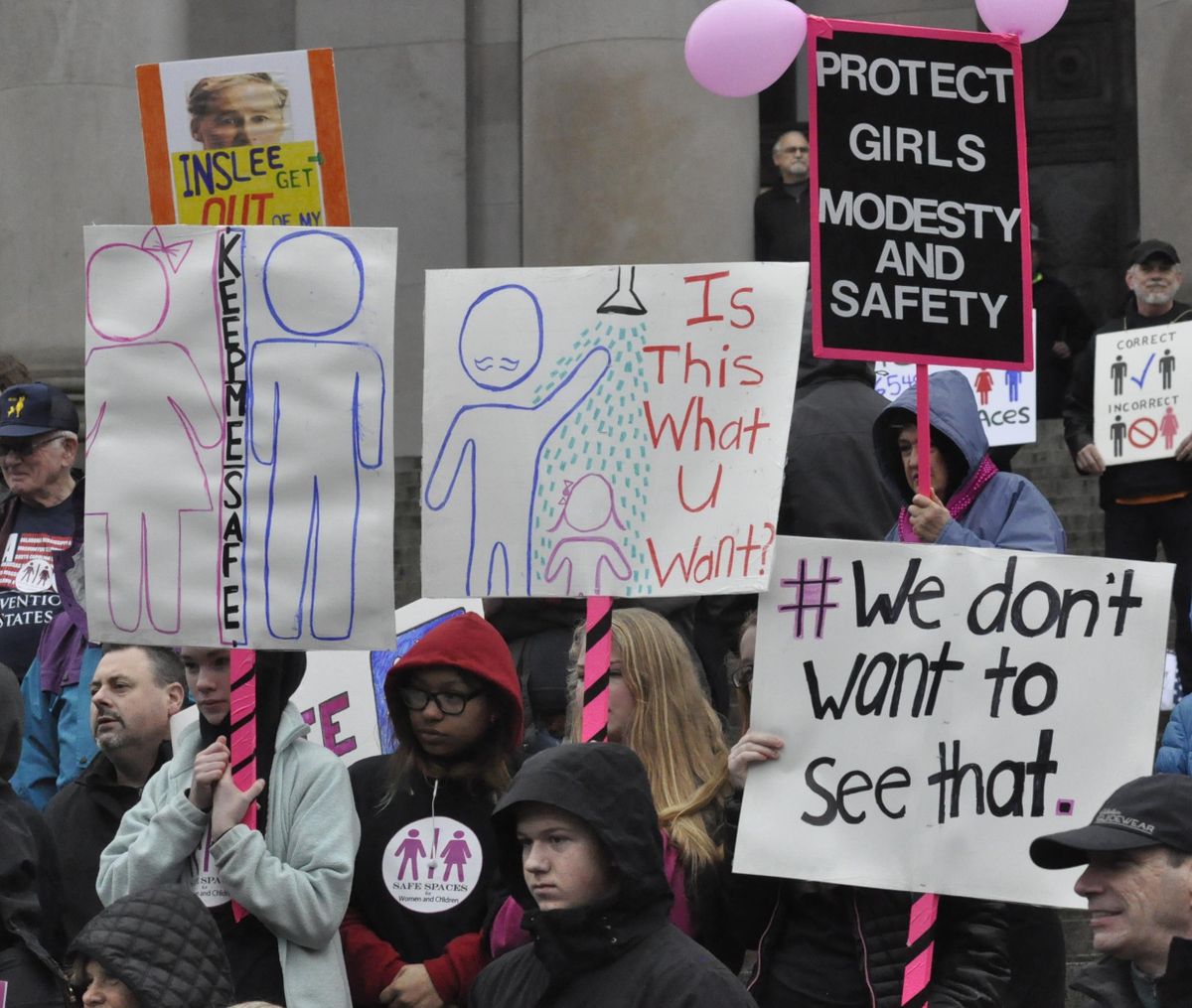School is a place of learning, exploration and getting to know yourself as an individual and student. But, what happens when discussion about a part of your individuality is banned? If you don’t already know what I am talking about, it’s Florida legislature’s House Bill 1557, more commonly known as the “Don’t Say Gay” Bill, signed by Governor Ron DeSantis in spring of 2022.
It has already taken effect in July and is one of many targeting LGBTQ+ students all across the country. Consequently, it has led to debates amongst parents, educators and politicians about whether these laws are truly needed.
The US has seen a long history of activist groups and lawmakers targeting LGBTQ+ discussions across the country; there have been restricted access to certain books and debates about transgender students in bathrooms and athletic teams.
This specific law, however, restricts classroom instruction on sexual orientation and gender identity in kindergarten through third grade. House Republicans have also introduced a federal bill with similar ideas in October, which could affect LGBTQ+ at all schools and federally-funded institutions. The bill is titled “”Stop the Sexualization of Children Act” and aims to prohibit the use of federal funds to develop and implement sexually-oriented material for children under 10.
However, despite its nickname in the media, proponents insist that the bill is not anti-gay but rather making conversations more age-appropriate; the bill is commonly known as “Don’t Say Gay” due to the anti-LGBTQ+ intent, however, the bill doesn’t actually ban the word “gay” from being said in school. Instead, it protects young children from ideological “woke” indoctrination at school. In an interview with Focus on Family, a Christian fundamentalist group, DeSantis believes there is a “concerted effort to inject… gender ideology and sexuality into the discussions with the very youngest kids.” The bill would supposedly restrict this imposition of ideology and give parents more of a say in their children’s education.
On the other hand, critics point out that this bill is a way to assault the rights of LGBTQ+ Americans to meet political ideology. By hindering conversations in classrooms and federal institutions, the government would essentially limit students’ ability to explore themselves and erase LGBTQ+ history.
Chasten Buttigieg, a former teacher and husband of the Secretary of Transportation, went even further and tweeted that the bill “will kill children,” addressing the implications it would have on LGBTQ+ youth’s mental health. Opponents also argue that depending on how the bill is interpreted, it could also lead to Title IX violations and increased discrimination in and out of school.
LGBTQ+ discussions in school have been a widely debated topic for many years with questions being raised on what the subsequent bills actually mean for schools and federal institutions, consequences and if it will actually be beneficial.




I never knew that this bill existed! I really liked how you provided unbiased information regarding both sides of the argument. It was intriguing to see how communities and schools handled the different tasks of effectively teaching young children (allowing them to feel safe and accepted) and having a curriculum that satisfies the parents too. I think it’s important to have more awareness on discussions and laws like these as it affects many future generations.